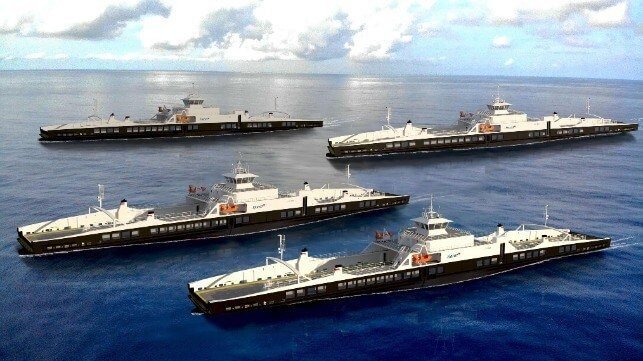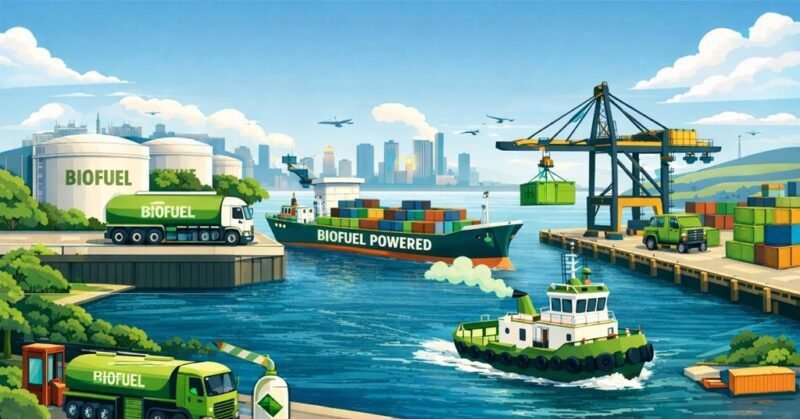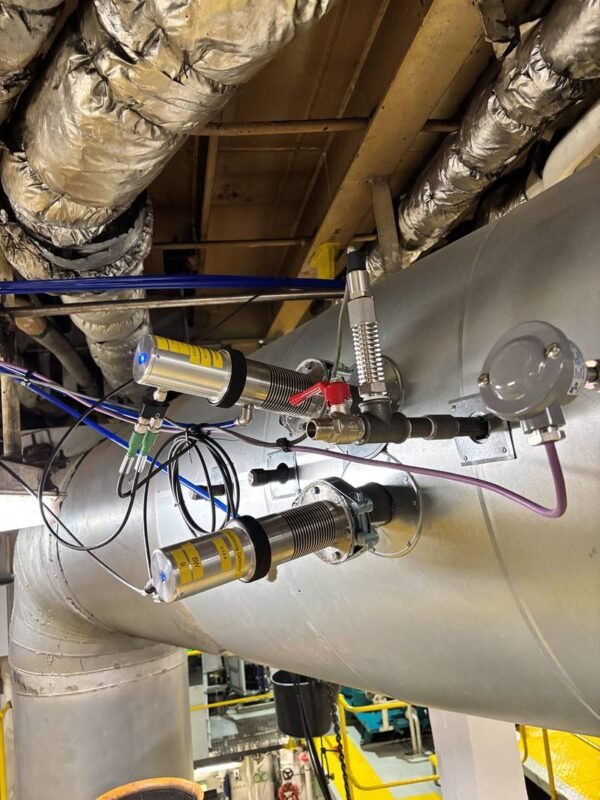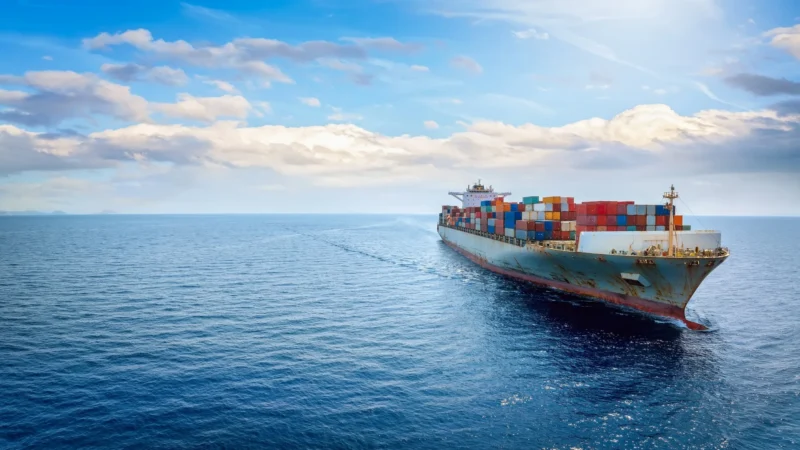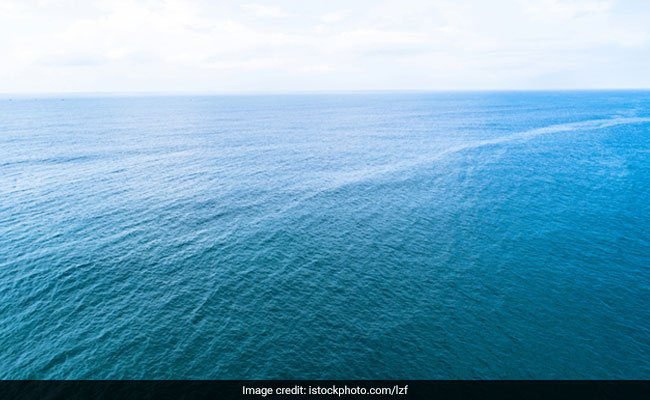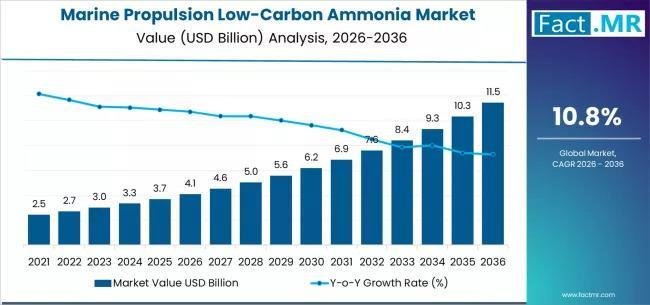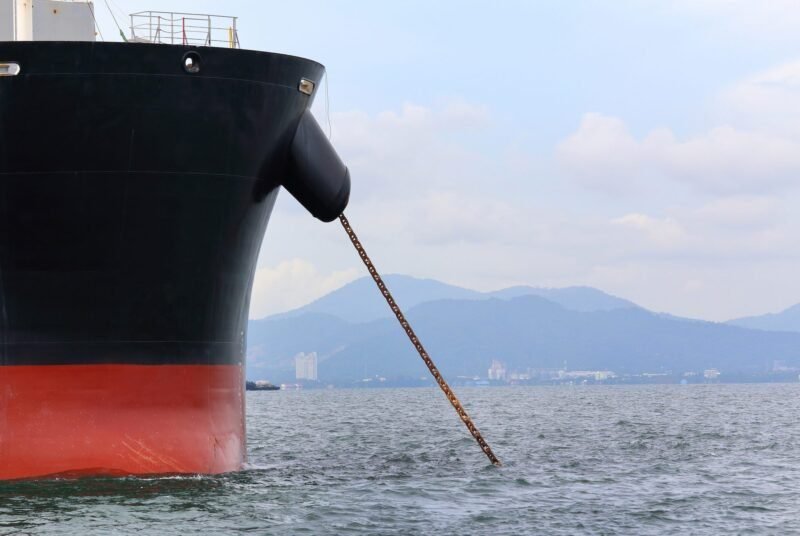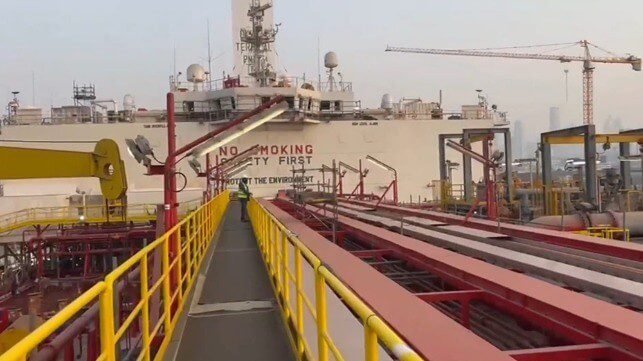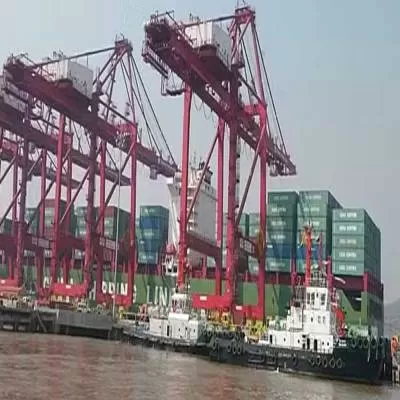A groundbreaking project is underway as Turkish Tersan shipyard partners with Norwegian ferry operator Fjord1 to build four zero-emission and autonomous ferries. These innovative vessels will be powered by SCHOTTEL EcoPellers, making them the first of their kind in the world. Designed by Norwegian HAV Design, the ferries will feature two electrically driven SCHOTTEL EcoPellers type SRE 340, enhancing efficiency and sustainability. The L-Drive variant reduces installation height and mechanical losses, resulting in lower energy consumption and reduced opex and capex costs, aligning with Fjord1’s commitment to innovation and sustainability.
In addition to their eco-friendly propulsion system, the ferries will also prioritize passenger comfort. The elimination of the upper gearbox in the SCHOTTEL EcoPellers will reduce vibration and noise levels, creating a more pleasant experience for passengers on board. Each unit boasts a propeller diameter of 2,100 mm and an input power of 1,200 kW. Equipped with SCHOTTEL’s condition monitoring system MariHub, the thrusters will enable condition-based maintenance, further enhancing operational efficiency.
Scheduled to improve connectivity on the Lavik-Oppedal route by September 2026, these autonomous ferries will have a capacity of 399 passengers and 120 passenger cars. Operating in the Sognefjord region of Norway, the vessels will offer a seamless travel experience. Automation functions and autonomous systems, including autocrossing and autodocking, will be implemented in 2027, with autonomous navigation set to follow in 2028. This project marks a significant step towards sustainable and efficient maritime transportation in Norway.


